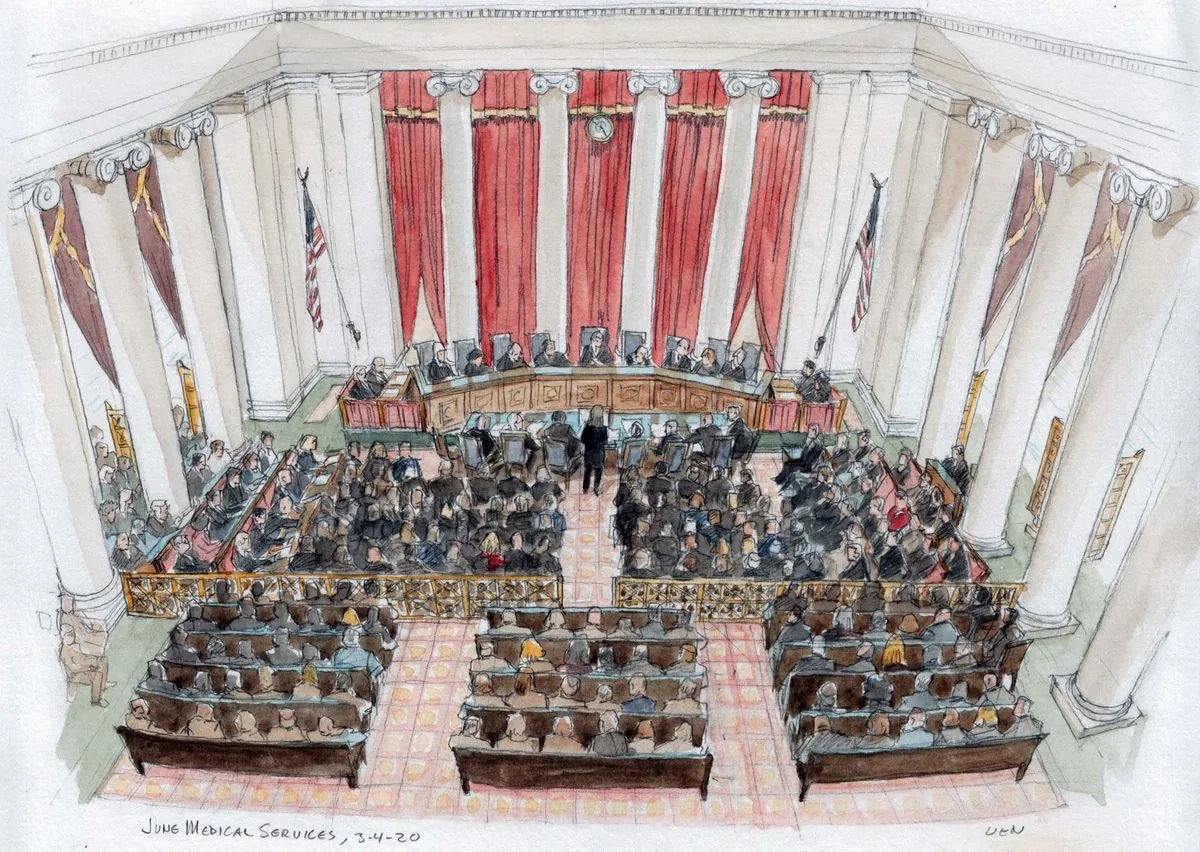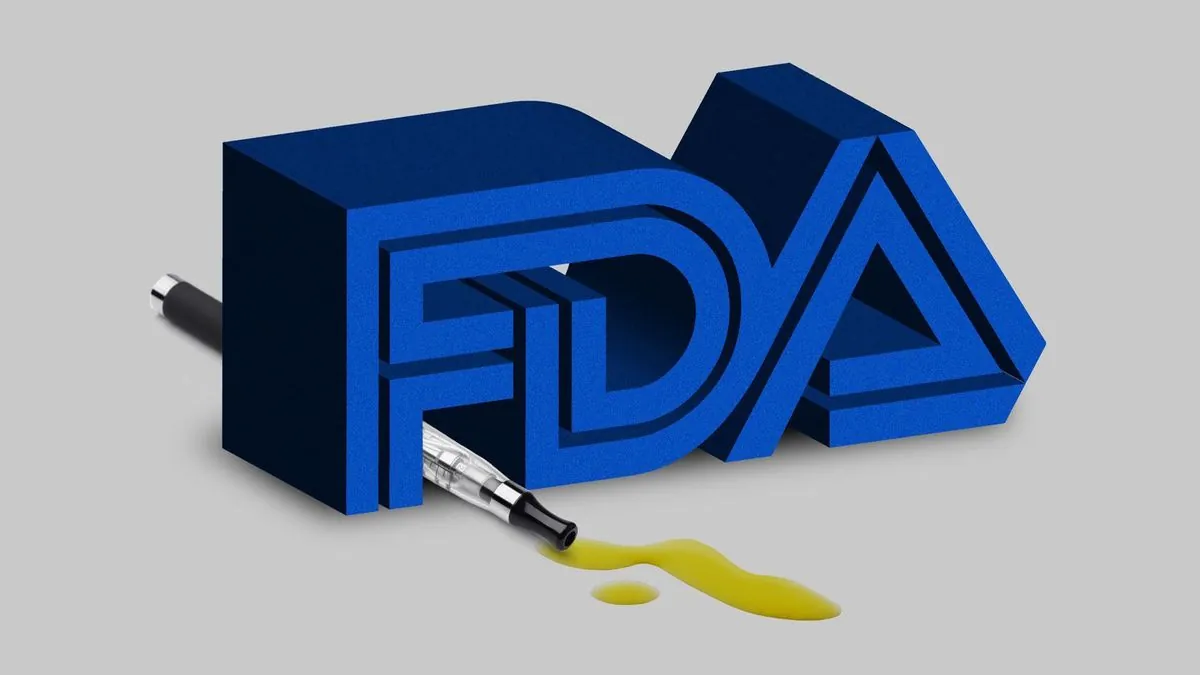Supreme Court's New Term: Regulatory Power and Corporate Lawsuits in Focus
The U.S. Supreme Court's upcoming term features cases that could further limit federal agency authority and impact securities fraud lawsuits against tech giants, continuing a trend of regulatory rollback.

The U.S. Supreme Court is poised to commence its new term on October 7, 2024, with several cases that could significantly impact federal regulatory agencies and corporate litigation. This term follows a series of decisions that have already diminished the power of federal agencies, setting the stage for potentially far-reaching consequences in the business world.
A key case on the docket involves the vape industry, challenging the Food and Drug Administration's (FDA) rejection of applications for flavored e-cigarette products. This case presents an opportunity for the court to further scrutinize regulatory agency actions, following its June 28, 2024 decision that overturned the long-standing "Chevron deference" principle.

The FDA, established in 1906 to protect public health, has approved only 27 e-cigarette products while denying over a million applications. The agency maintains that flavored products pose a substantial risk to youth, setting a high bar for approval. This case highlights the ongoing tension between regulatory oversight and industry interests, particularly in the e-cigarette market, which emerged in the U.S. in 2007.
Two other significant cases involve tech giants Facebook (now Meta Platforms) and NVIDIA, both seeking to dismiss securities fraud lawsuits. These cases, scheduled for arguments on November 6 and 13, 2024, respectively, could potentially alter the landscape for private plaintiffs pursuing securities fraud claims in federal courts.
"The FDA case is another attack on agency authority and power, so it seems a bit in keeping with the seminal cases from last term that stripped agencies of various powers or left them more open to attack."
The Supreme Court, established in 1789 and consisting of nine justices, has been increasingly scrutinizing federal agency actions. This trend is evident in recent rulings that have questioned the authority of agencies such as the Securities and Exchange Commission (SEC) and the Environmental Protection Agency (EPA).
The business community is closely watching these developments, as the outcomes could significantly impact regulatory compliance and liability exposure. The court's decisions have the potential to reshape the relationship between federal agencies and the industries they oversee, continuing a pattern of regulatory rollback that has been welcomed by conservatives and business interests.
As the Supreme Court, which typically hears about 80 cases out of thousands of petitions each term, prepares to tackle these issues, the implications for both regulatory agencies and corporations are substantial. The decisions made in this term could have lasting effects on the balance of power between federal regulators and the private sector, potentially altering the landscape of American business regulation for years to come.


































